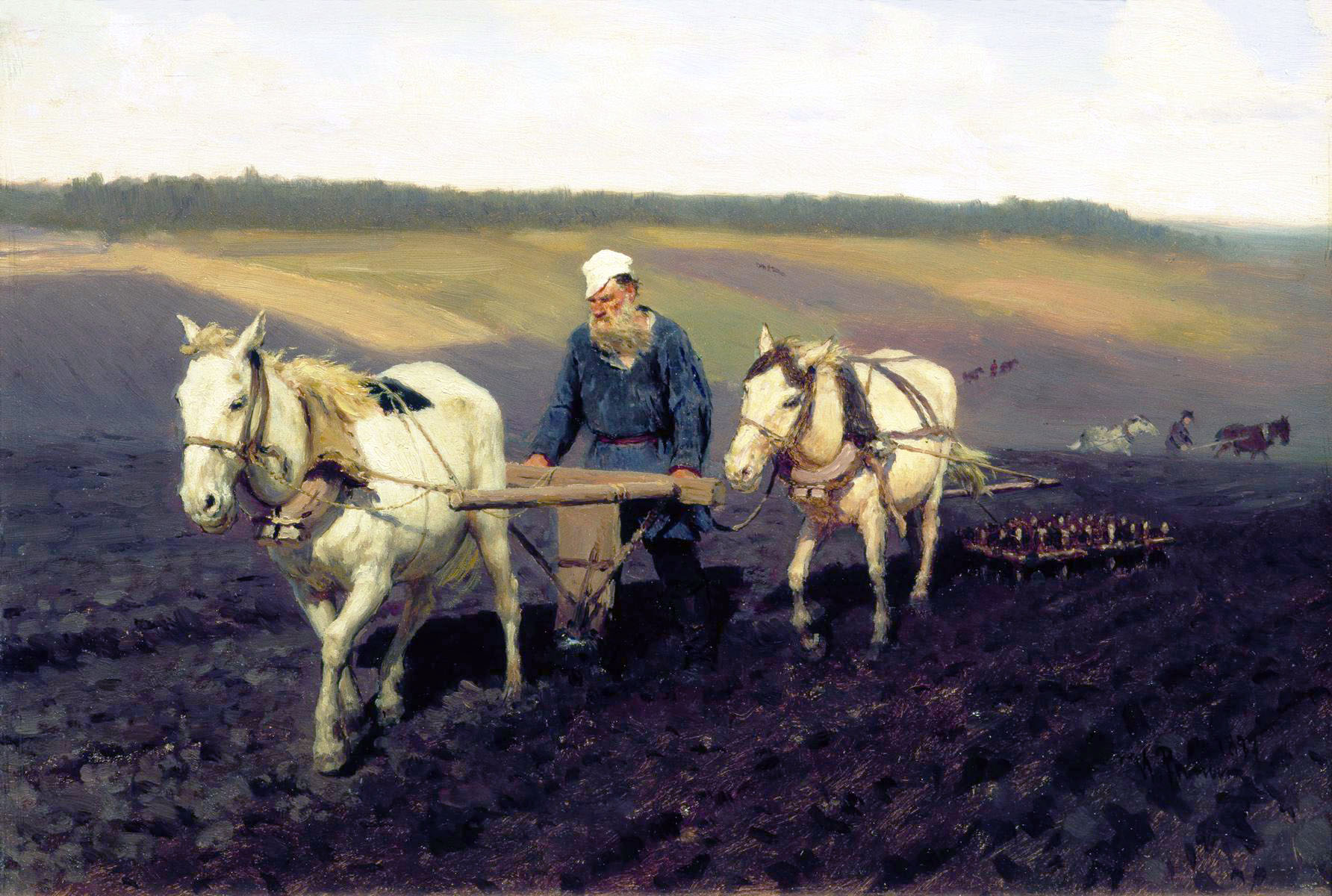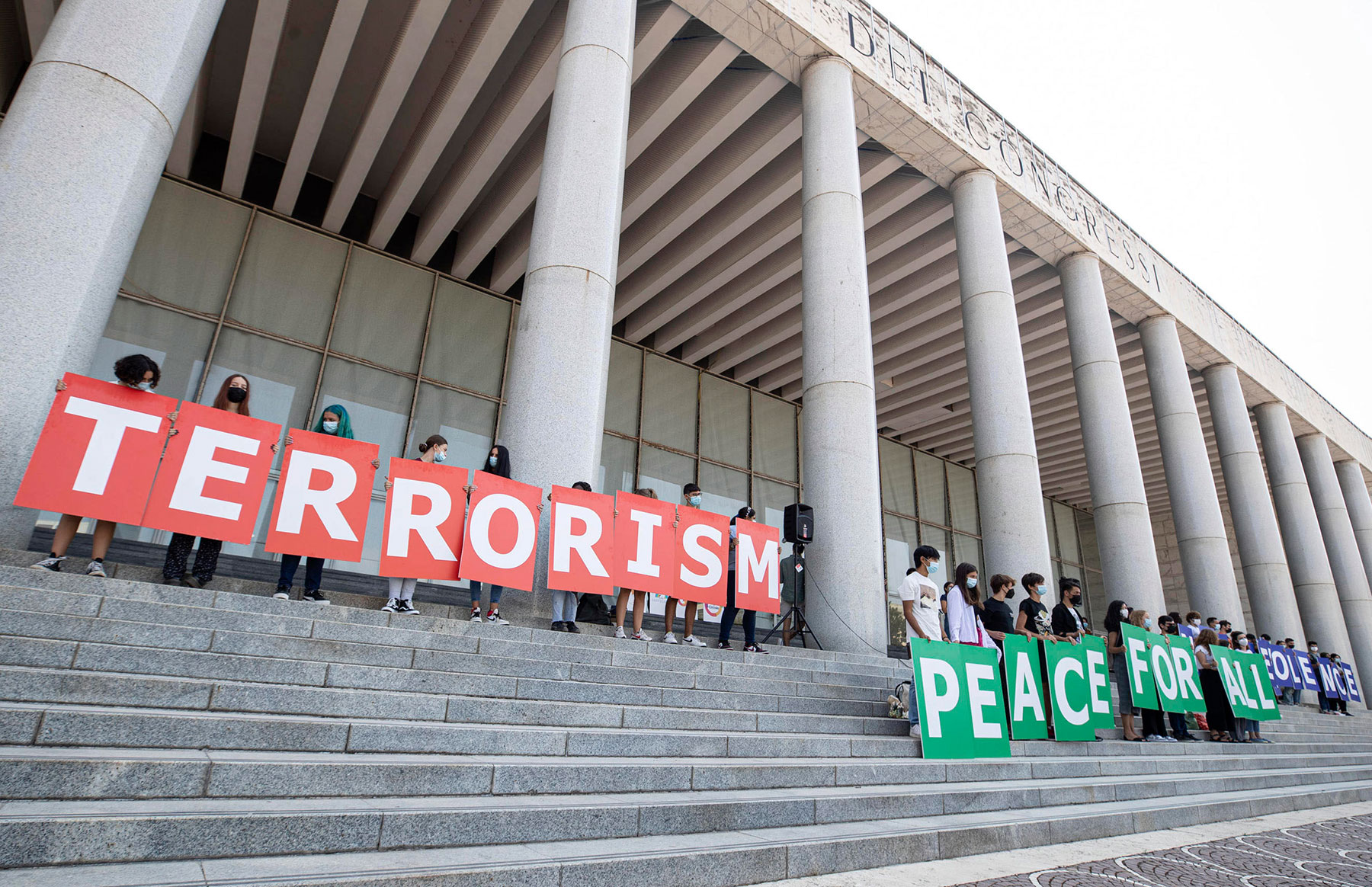Today, as in previous eras, there is a whole set of trajectories for further evolution of the international system, among which the option of its revolutionary breakdown does not look the most preferable. Revolution is associated with increased risks, significant related costs, often leading to unpredictable results. Many states and societies, who have good reasons to be dissatisfied with the current state of affairs in the world, would prefer an evolutionary path to revolutionary transformations.
Still, international system is entering a prolonged era of never-ending revolution. Neither in 2024 nor during the next few years will a stable new world order emerge, while international processes will still be determined, to a greater extent, by the ongoing collapse of the old system rather than by the formation of a new one. Under these circumstances, global trends will be characterized by instability, volatility and multidirectionality.
Among other things, the permanent revolution of the international system will result in regionalization or even “atomization” of the once global economic and technological patterns, progressive securitization of foreign policy and national priorities of the main actors, continuing decline of multilateral mechanisms on the global and regional levels, and a growing profile of medium and regional powers, which will prevent a new bipolar system.
“Revolutionary consciousness or mentality expresses itself in the conviction that a new beginning is possible,” argued the German philosopher and sociologist Jürgen Habermas. But this conviction is not always and not immediately transformed into a clear and detailed idea of what the new reality should be. The gradual emergence of a new world order will, of course, accelerate over time, but it is likely to proceed not from the top down, but from the bottom up, through tactical situational coalitions to address certain issues relevant to global or regional governance. Moreover, such coalitions will involve not only states but also non-state actors in international relations. Coalitions will be formed under the obvious and constantly growing pluralism of values and models of national socio-economic development.
It is likely that the object of regulation will initially be mainly technical, politically non-toxic dimensions of international relations with the prospect of gradual expansion to more complex and politically sensitive dimensions of world politics. To paraphrase Gramsci, the new multilateral regulatory practices will arguably be the first stones of a new world: even if still rough and crude, they will still be more beautiful than the majestic ruins of the old international system.
“The crisis consists precisely in the fact that the old is dying and the new cannot be born; in this interregnum a great variety of morbid symptoms appear.” Antonio Gramsci’s famous quote from his Prison Notebooks, where he describes the turbulent era between the two world wars is quite suitable to portray the state of the international system during the recent few decades.
Stating that the world has entered a period of revolutionary transformation has already become commonplace. Yet, the upcoming revolution in global affairs has been predicted many times in the past, starting with the collapse of the USSR. This revolution was thought to be portended by the terrorist attacks in the United States on September 11, 2001, then by the global financial crisis of 2007-2008, by the dramatic events of the Arab Spring, and finally by the rampant COVID-19 pandemic. Some considered Donald Trump’s victory in the U.S. presidential elections in November 2016 to be the starting point of a new era, while others felt that the Brexit referendum in the United Kingdom had been that reference point a few months earlier. Still, the long-awaited revolution, seemingly programmed by the entire course of history, kept being delayed, while the global ancien régime was demonstrating an exceptional resilience and adaptability to new conditions over and over again.
Brewing breakdown of the old order
Although crisis always precedes any revolution in one way or another, not every crisis necessarily ends in a radical revolutionary breakdown of the old system. The immediate outcome of the crisis can be the implementation of necessary reforms that relieve the tension in the system, restoration of the pre-crisis status quo, or even the onset of a reactionary period, when the system begins to drift backwards, in the direction of traditionalist or archaic practices.
Today, as in previous eras, there is a whole set of trajectories for further evolution of the international system, among which the option of its revolutionary breakdown does not look the most preferable. Revolution is associated with increased risks, significant related costs, often leading to unpredictable results. Many states and societies, who have good reasons to be dissatisfied with the current state of affairs in the world, would prefer an evolutionary path to revolutionary transformations.
That being said, would it be plausible to assume that the system that has withstood various strength tests for 30 years can be maintained and conserved, even if in some modified form? After all, the current situation differs significantly from any other crises that humanity has gone through since the Cold War. Let’s list the most obvious of these differences.
First of all, previous crises would unfold predominantly in one, albeit very important, part of the planet or in one dimension of international relations. The world has gone through acute crises of statehood in some of its regions, including the collapse of the USSR in 1991 and the Arab Spring 20 years later. The security crisis that climaxed in terrorist attacks in New York and Washington D.C. at the dawn of the century was of a very specific nature. The same can be said about the subsequent upheavals in international financial regulation late into the century’s first decade and in global health at the turn of the second and third decades.
The current global malaise is characterized by an unprecedented complexity, with crises manifesting themselves simultaneously in many different regions and in different dimensions of global affairs and global economy. Almost in parallel, we see a decline in most important areas of world trade and investment, with financial and commodity markets becoming more volatile, international conflicts and civil wars increasing in number and scope, climate issues and resource scarcity exacerbating, and the effectiveness of international law enforcement deteriorating. In other words, the thoroughly corroded structure of the old world order is now cracking in many different places.
Moreover, recent crisis turns out long-term or even chronic. The financial crisis at the turn of the century, the Arab Spring, the coronavirus pandemic – the acute phase of each of these cataclysms lasted an average of one and a half to two years. Today, the world is approaching the two-year anniversary of the conflict between Russia and the West transitioning into an acute phase, and there is no light looming at the end of the tunnel. Moreover, there are many reasons to believe that further escalation lies ahead. The same inauspicious conclusions may apply to many other systemic conflicts of the historical moment we are living through now.
The current disturbances are also notable in another aspect. For the first time since the collapse of the USSR, they are not rooted in common challenges or threats faced by the leading international actors (terrorism, pandemic, climate change, etc.), but rather on contradictions between these very actors. Therefore, while some time ago, when challenges were external in nature, there was at least a theoretical possibility of the great powers pooling their efforts and resources to jointly confront those challenges, this possibility is essentially excluded now and world politics keeps sliding into a “zero-sum game”.
When the upper classes cannot and the lower classes no longer want to live in an old way
Undoubtedly, all past crises and systemic failures have contributed to the current revolutionary situation. Since the leading actors usually follow the path of restoring the status quo instead of carrying out reforms—with the accompanying result being that many emerging problems were put on the back burner year after year instead of being solved—the overall cumulative negative effect of postponed problems inevitably accumulates, and the stability of the system gradually declines. Figuratively speaking, the mankind, suffering from many dangerous viruses year after year, has been using familiar aspirin instead of essential strong antibiotics for treatment; this can bring down a high fever, but a complete recovery never comes to pass. With each new relapse of international instability, the range of possibilities to ensure an orderly, gradual transformation of the system, i.e. rebuilding it via the mechanism of reforms agreed upon by the key actors, further contracts.
The fewer opportunities for coordinated reforms “from the upper echelons”, the greater the probability of spontaneous and violent breakdown of the old order “at the grassroots level”, which always occurs during a revolution. There arises a situation well known from old history books, where the “upper classes” (cosmopolitan, political and economic elites) can no longer govern in an old fashion, whereas the “lower classes” (national communities) no longer want to live by the old rules imposed on them. This seems to be the main difference between the current situation and all the numerous crises of the past decades, which makes a revolutionary breakdown of the old system much more likely than it was just a few years ago.
History knows many examples of revolutionary transformations of regional and even global systems of international relations.
Yet, today’s situation has no historical precedents in many respects. In the past, the natural algorithm for resolving a systemic crisis involved a major war. A military clash would enforce a new balance of power and allow the leading actors, who confirmed their status during the war, to define new rules of the game in international affairs. This was the case with the inauguration of the Westphalian system (1648), the Vienna system of the European Concert (1815), the Versailles system (1919) and the Yalta-Potsdam system (1945).
Today, the prospect of the equilibrium restored in global affairs relatively quickly looks practically insoluble: the main actors can no longer afford the luxury of a direct military confrontation with each other, while indirect confrontations (NATO – Russia, U.S. – China, Collective West – Global South) can last for a very long time without the ultimate winner revealed. The stakes for both sides in such confrontations are very high, while the options for escalation with impunity are numerous. It is also difficult to fix the updated rules of the game because there is currently a widespread institutional fatigue in the world as well as a lack of willingness to invest significant resources and political capital in establishing new institutions of global or regional governance.
Specifics of permanent revolution
All this means that the international system is entering a prolonged era of never-ending revolution. Neither in 2024 nor during the next few years will a stable new world order emerge, while international processes will still be determined, to a greater extent, by the ongoing collapse of the old system rather than by the formation of a new one. Under these circumstances, global trends will be characterized by instability, volatility and multidirectionality.
Among other things, the permanent revolution of the international system will result in regionalization or even “atomization” of the once global economic and technological patterns, progressive securitization of foreign policy and national priorities of the main actors, continuing decline of multilateral mechanisms on the global and regional levels, and a growing profile of medium and regional powers, which will prevent a new bipolar system.
“Revolutionary consciousness or mentality expresses itself in the conviction that a new beginning is possible,” argued the German philosopher and sociologist Jürgen Habermas. But this conviction is not always and not immediately transformed into a clear and detailed idea of what the new reality should be. The gradual emergence of a new world order will, of course, accelerate over time, but it is likely to proceed not from the top down, but from the bottom up, through tactical situational coalitions to address certain issues relevant to global or regional governance. Moreover, such coalitions will involve not only states but also non-state actors in international relations. Coalitions will be formed under the obvious and constantly growing pluralism of values and models of national socio-economic development.
It is likely that the object of regulation will initially be mainly technical, politically non-toxic dimensions of international relations with the prospect of gradual expansion to more complex and politically sensitive dimensions of world politics. To paraphrase Gramsci, the new multilateral regulatory practices will arguably be the first stones of a new world: even if still rough and crude, they will still be more beautiful than the majestic ruins of the old international system.







